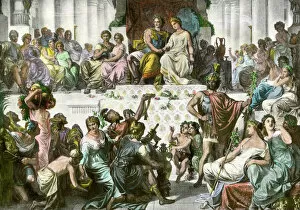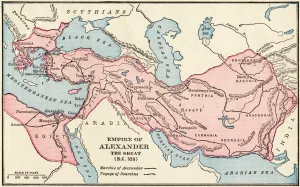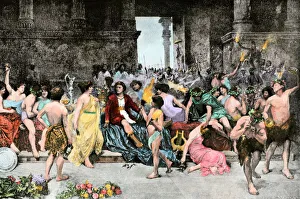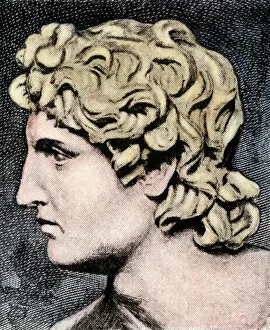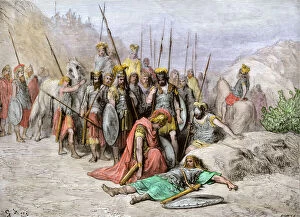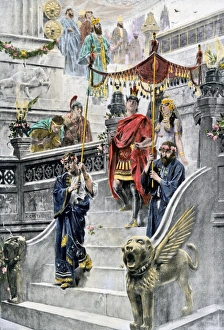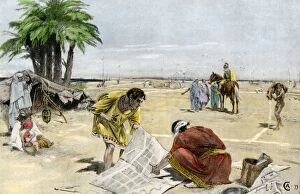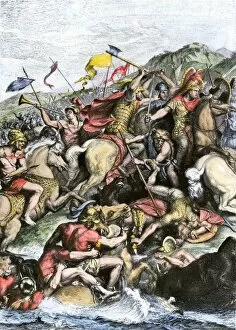Alexander Of Macedon Collection
"Alexander of Macedon: The Conqueror Who Shaped History" In the annals of ancient history, one name stands above all others - Alexander of Macedon
All Professionally Made to Order for Quick Shipping
"Alexander of Macedon: The Conqueror Who Shaped History" In the annals of ancient history, one name stands above all others - Alexander of Macedon. Known as Alexander the Great, this legendary figure left an indelible mark on the world through his military prowess and visionary leadership. (PANC2A-00023) From a young age, Alexander displayed exceptional intelligence and ambition. Trained by none other than Aristotle himself, he possessed a thirst for knowledge that would fuel his conquests later in life. (PANC2A-00003) Assembling an army like no other, Alexander embarked on a mission to conquer vast lands and establish his empire. His soldiers were battle-hardened warriors who shared their leader's unwavering determination. (Alexander's army prepares to destroy Persepolis) With unmatched strategic brilliance, (PANC2A-00037) Alexander led his troops into countless victories against formidable foes. One such triumph was the destruction of Persepolis, a symbol of Persian power that crumbled under the might of his forces. (PANC2A-00060) However, it wasn't just military conquests that defined him; (PANC2A-00122) Alexander also sought to unite cultures and foster understanding between different peoples. He encouraged intermarriage among his soldiers from various backgrounds as a means to promote harmony within his empire. (Alexander the Great marrying Roxane) Among these unions was (PANC2A-00125), Alexander's marriage to Roxane - a testament to his commitment towards integrating diverse societies under one banner. Their union symbolized unity amidst diversity and showcased Alexander's vision for cultural amalgamation. (PANC2A-00126) Despite facing numerous challenges along the way, including treacherous terrains and fierce resistance from adversaries like King Porus in India (PANC2A-00052), nothing deterred Alexander from his mission.

